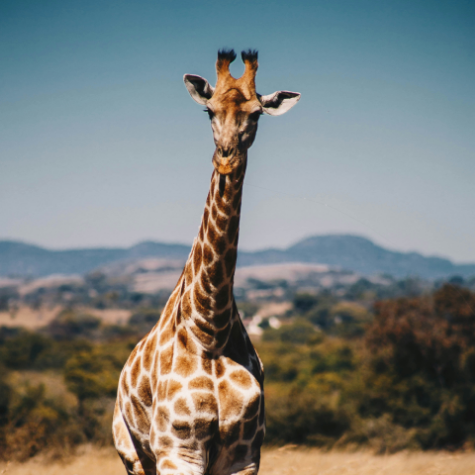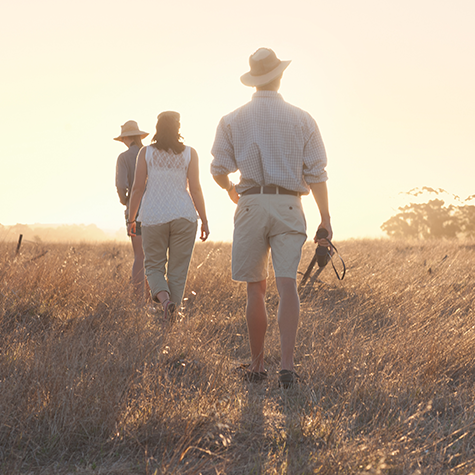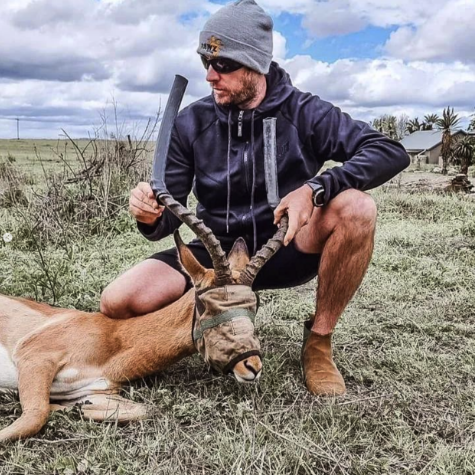Current Projects
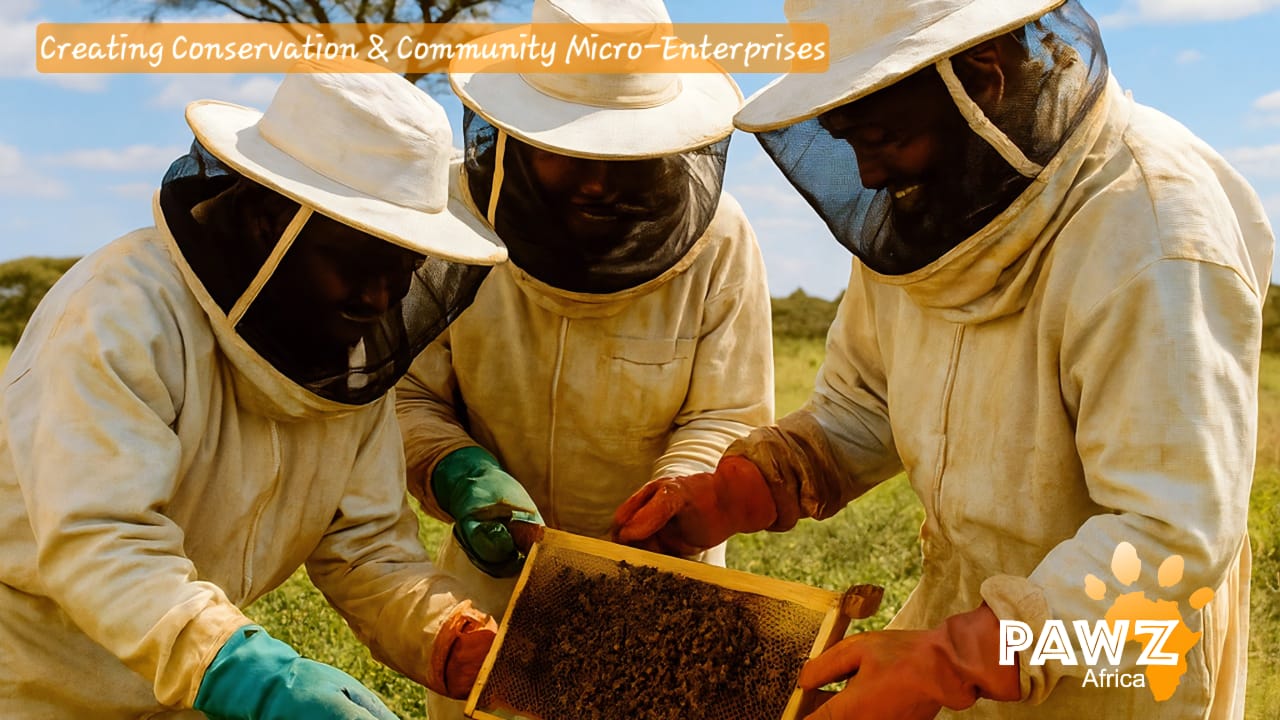
Honey that protects habitat
Along the fence line of our partner reserves, we help neighbouring families start small beekeeping businesses. We bring training, hives, and buyers; they harvest premium honey and steady income. The ripple effect? Better pollination, calmer boundaries, and communities with a reason to defend wild spaces. Want to see how a jar of honey can fund conservation and a family’s future? Sponsor a hive.
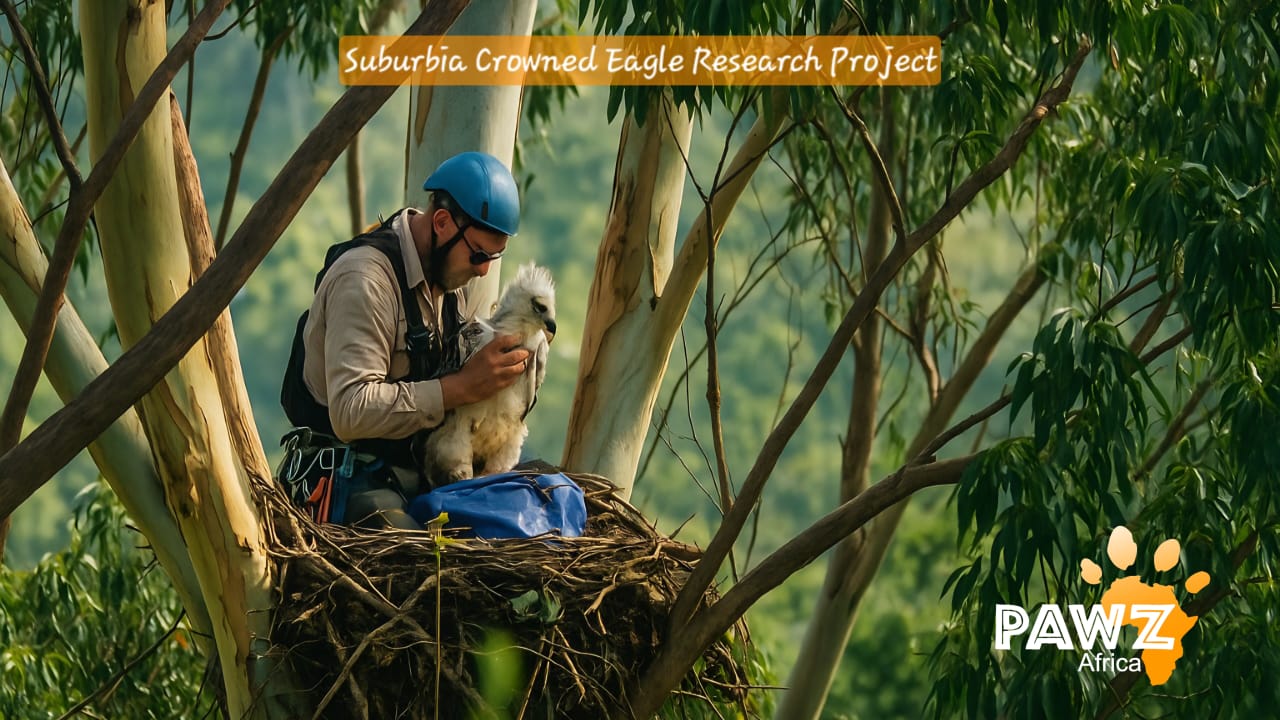
Signals from the suburbs
Crowned eagles are raising chicks above our streets and they need space to fly. Our Crowned Eagle Tagging Project fits lightweight satellite tags to track their movements through the urban canopy. The data maps hunting routes, nest trees, and danger zones (like powerlines and development hotspots), guiding practical fixes that reduce conflict and protect this apex raptor where people live. Sponsor a tag.
Dads & Lads: Into the Wild
A PAWZ Africa bush camp where dads, grandads, and sons trade screens for starlight and controllers for compasses. Over one unforgettable weekend you’ll track wildlife, cook on open fires, learn bushcraft, and have the conversations that don’t happen at home. The result? Confidence, connection, and a shared story you’ll talk about for years; while supporting real conservation work on the ground. Ready to earn your campfire stripes? Join the next camp.
Completed Projects
Protecting rhinos, up close
We partner with reserve vets to run ethical, vet-led dehorning operations that lower poaching risk. You’ll witness (or help with) a tightly controlled procedure: the rhino is safely sedated, the horn is trimmed above the growth plate (painless, like cutting a nail), and teams collect IDs, DNA, and health data before a swift wake-up. It’s rare, humbling fieldwork that buys rhinos time and turns spectators into protectors. Want in? Join a dehorning experience.
From gardens to grasslands
When bushbuck numbers rose inside Simbithi Eco-Estate, Wildlife Solutions asked us to help. Working with veterinarians and capture specialists, we safely darted, crated, and relocated healthy animals to Tala Collection Game Reserve, expanding gene flow, easing human-wildlife tension, and restoring balance where both people and antelope can thrive. Curious what a low-stress, conservation-led relocation looks like or keen to back the next one? Sponsor a translocation, join a vet day, or equip a capture team.
Goodbye wattles – Hello water and wildlife
At Tala Collection Game Reserve we joined rangers to fell invasive Black Wattle (Acacia mearnsii) that choke grasslands, drain water, and crowd out indigenous plants. Clearing these trees opens light, restores grazing and browsing, reduces fire risk, and lets the veld bounce back fast. Want to help turn thickets into thriving habitat? Volunteer a day, fund a hectare, or equip a clearing crew.
Fire that heals
At Tala Collection Game Reserve we joined rangers for a planned burn, done under permits, tight weather windows, and trained crews. The result? Lower fuel loads (fewer runaway wildfires), fresh grazing, revived soils, and less bush encroachment so wildlife and water systems rebound. Want to see how “good fire” brings a landscape back to life? Join a burn day or sponsor fire gear.
Counting to conserve
At Tala Collection Game Reserve our volunteers joined rangers for a sunrise game count – binoculars up, clipboards out, every sighting logged. Those numbers aren’t trivia; they guide stocking levels, water-point plans, and predator–prey balance so the reserve stays healthy year-round. Want to turn a morning in the bush into data that matters? Join the next count, sponsor a survey kit, or fund aerial/camera-trap support.
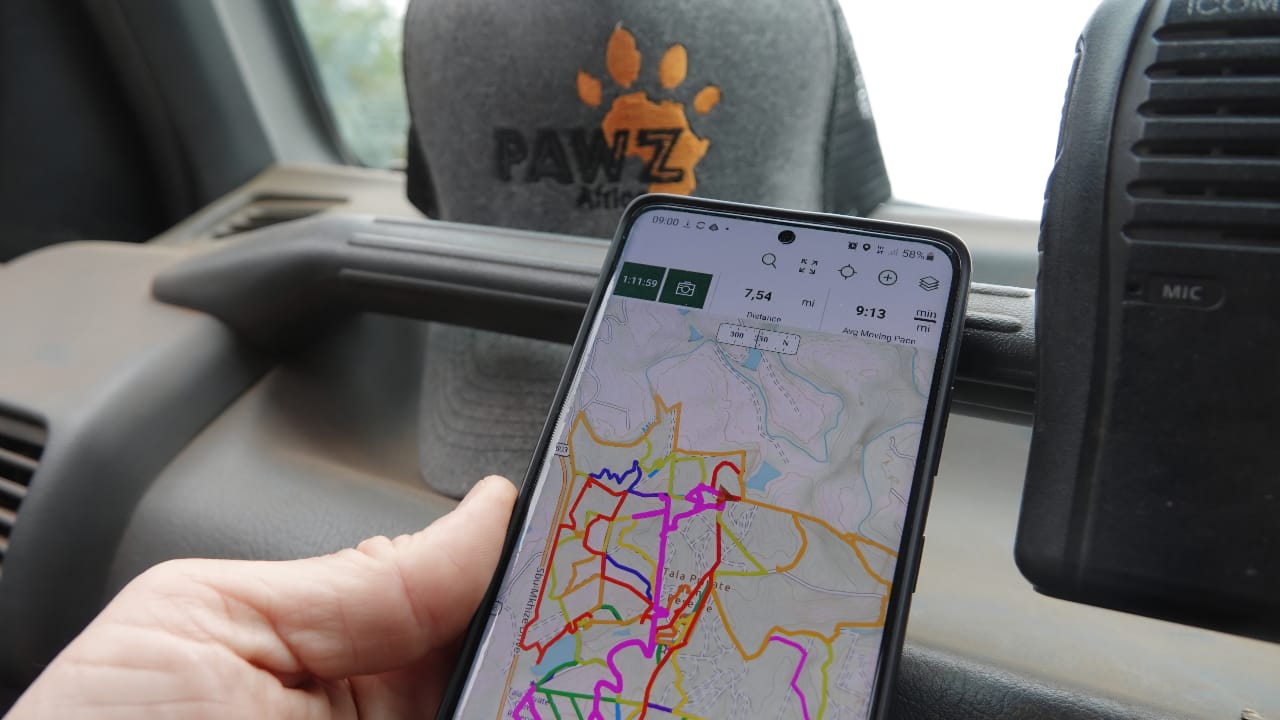
Maps that make conservation faster
At Tala Collection Game Reserve we re-mapped the entire road network and key points of interest; waterholes, gates, erosion sites, viewpoints, using GPS/GIS and on-the-ground verification. The result is a live, accurate base map that speeds ranger response, guides maintenance, reduces fuel and time on patrol, and improves the visitor experience with safer routes and clearer wayfinding. Request a mapping assessment.
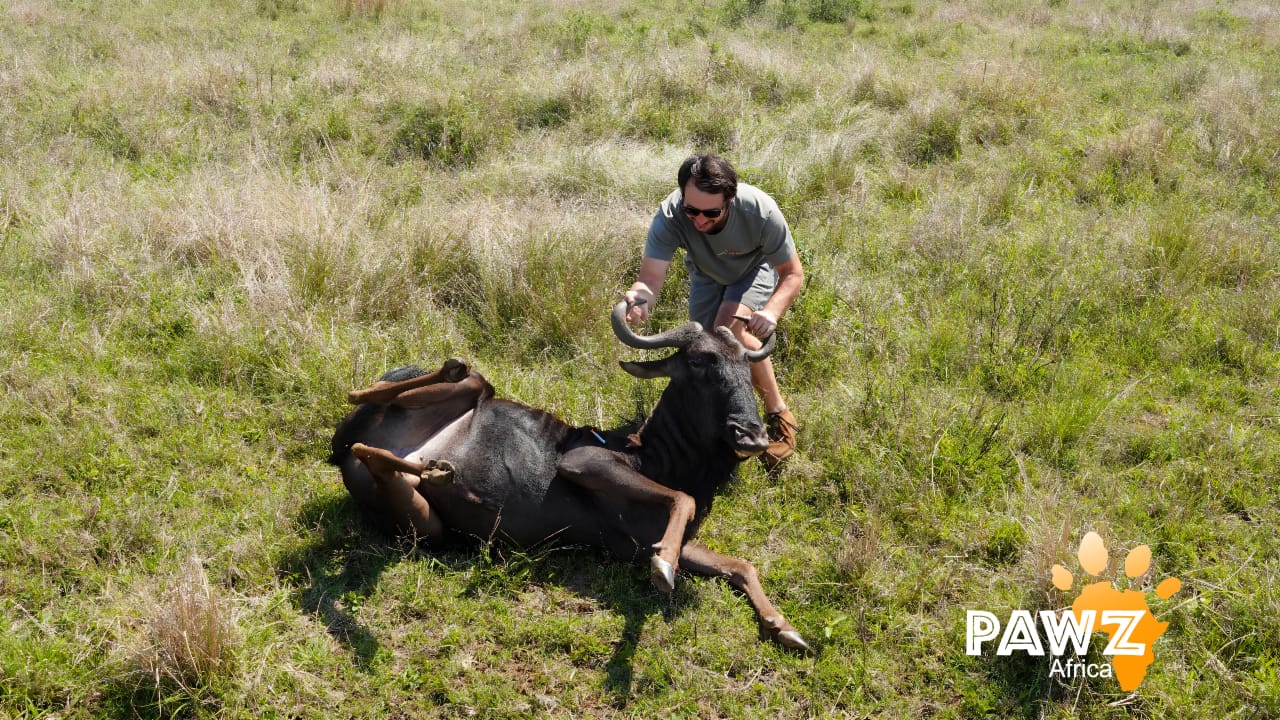
Moving herds – Restoring balance
With wildlife vets and capture specialists, we relocate surplus wildebeest from one reserve to another safely, ethically, and with purpose. Each translocation relieves grazing pressure where numbers are high, strengthens genetics where herds are thin, and helps reserves match wildlife to habitat without resorting to lethal options. Keen to back the next move? Sponsor a relocation.
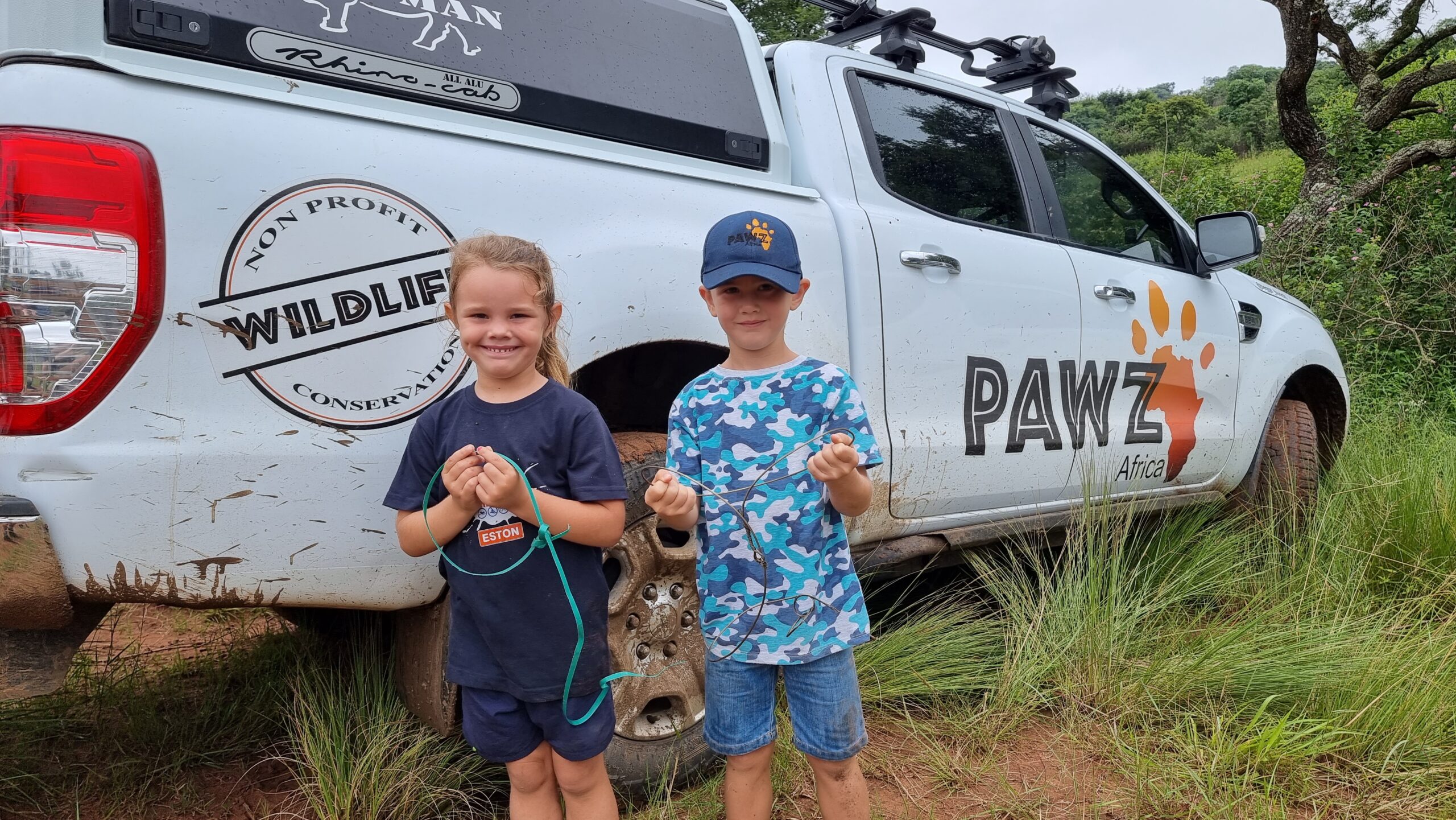
Snares out – Futures in
We joined the Snare Aware team with our families and friends to spot, remove, and report wire snares before wildlife is hurt. On guided bush walks we teach tracking, safe de-snaring, and why poaching traps devastate ecosystems, turning a day out into a lesson in stewardship and courage. Children leave with new bush skills, a conservation mindset, and the pride of protecting what they love. Want to turn learning into lifesaving? Join a snare walk.
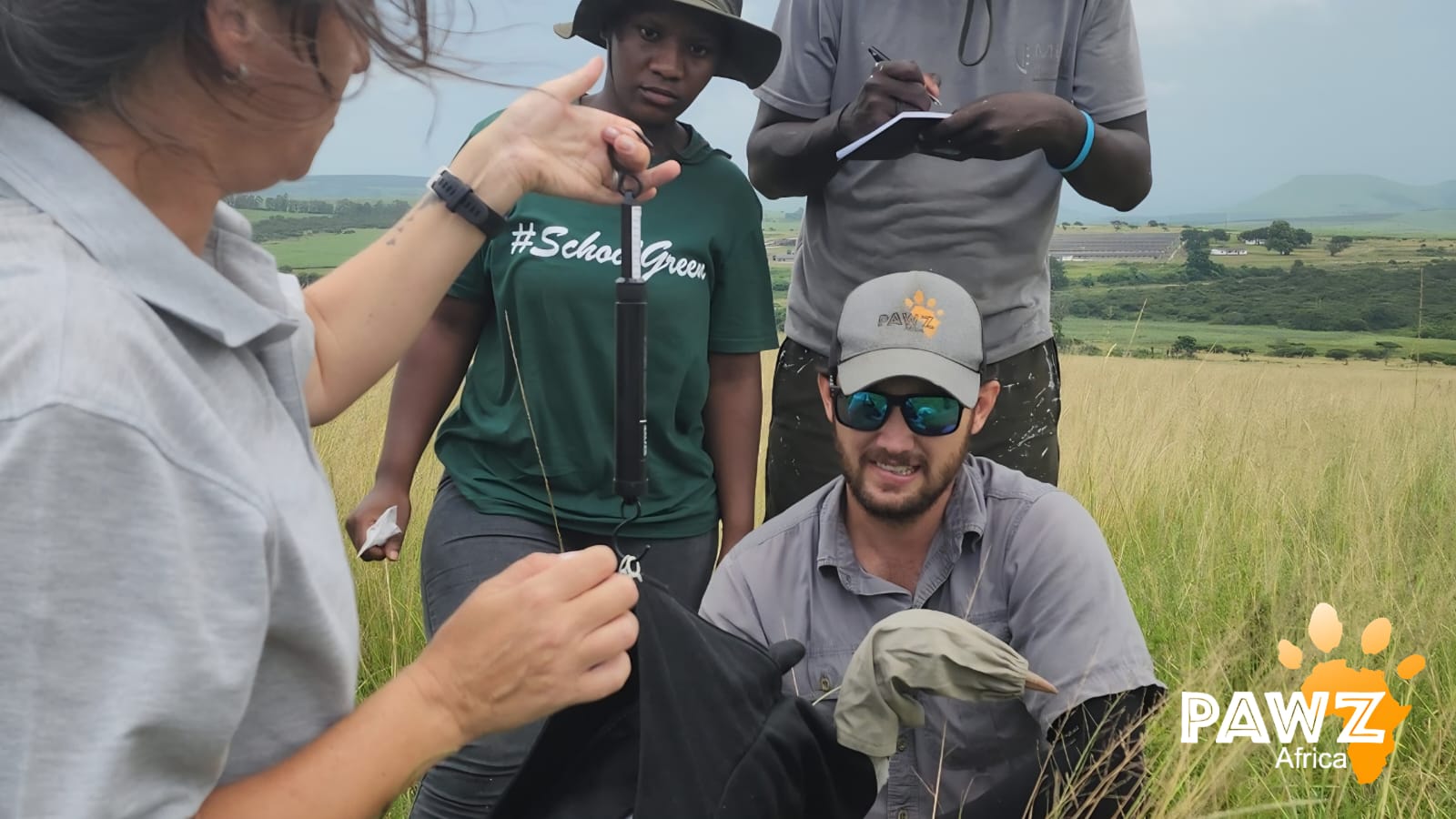
Rings that tell a survival story
With the Endangered Wildlife Trust’s African Crane Conservation Program, we fit lightweight ID rings to Blue Cranes so every sighting becomes data on movements, breeding sites, and threats like powerlines or habitat loss. Each ringed bird helps scientists map flyways, protect nest areas, and guide real fixes on farms and wetlands. Want to help South Africa’s national bird keep dancing on our grasslands? Sponsor a ring set.
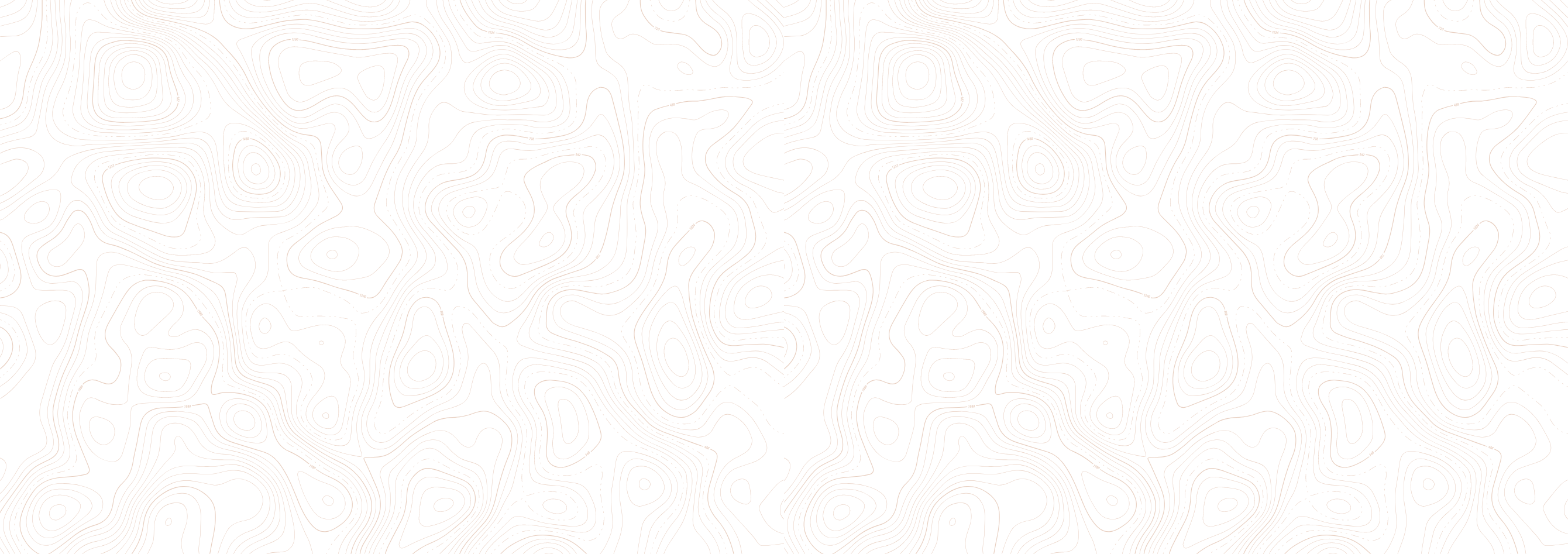
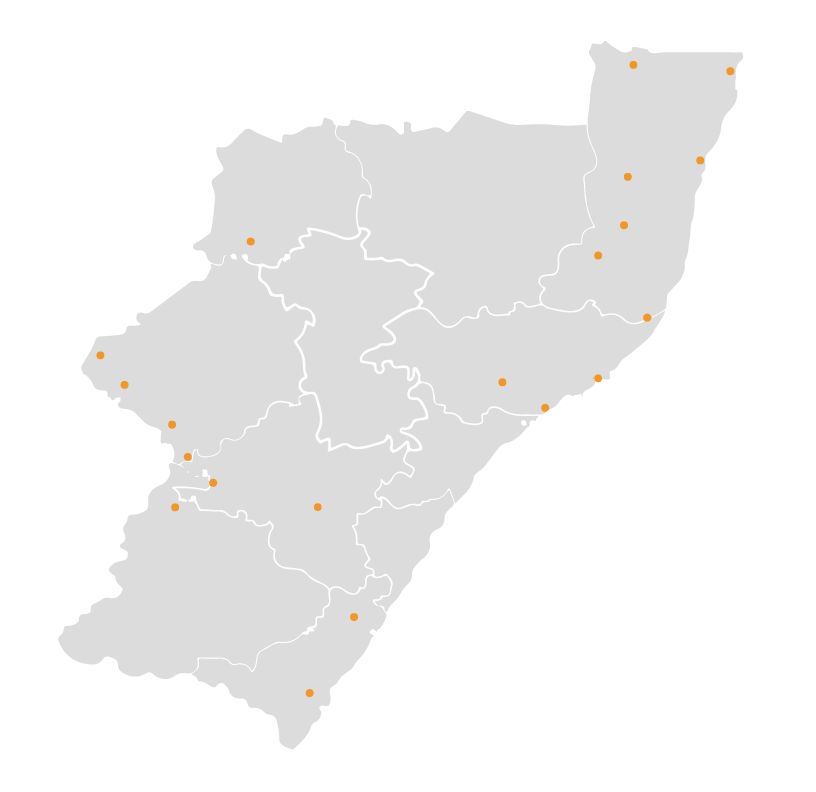
FIND OUT ABOUT
SUPPORTING WILDLIFE IN KWAZULU-NATAL
Based in Kwa-Zulu Natal, South Africa, the majority of our work takes place in this region. Our focus as the name suggests is towards Parks and Wildlife Zululand however upon invitation by other organisations and reserves we will assist on projects nationally.
We are always on the lookout for new opportunities to partner with companies and wildlife areas to help grow conservation. We would love for you to get in touch if we can partner together.
OUR LATEST PROJECTS →
HOW YOU CAN SUPPORT US

take action before it’s too late
Every donation we receive goes straight into conserving our KwaZulu-Natal wildlife and parks.
